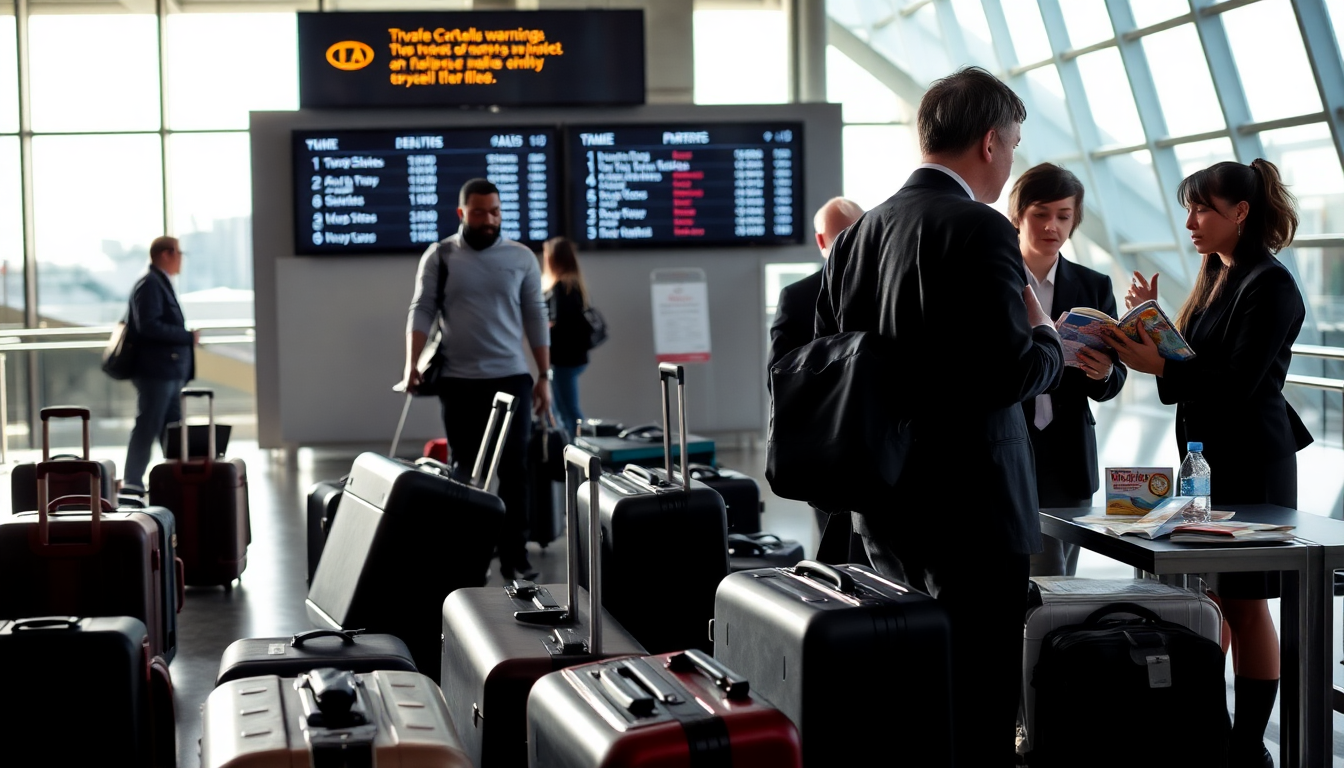Table of Contents
In a world where politics can shape public policy in unexpected ways, the recent revelations about how Global Affairs Canada managed travel advisories during a federal election raise some important questions. With Canadians feeling uncertain about traveling to the United States amid heightened security measures, the department found itself navigating a tricky web of political sensitivities while trying to keep citizens safe. As worries about border scrutiny and potential detentions mounted, the demand for timely and accurate information became more crucial than ever.
Understanding the Context of Political Sensitivities
When Prime Minister Mark Carney called for a federal election on March 23, the backdrop of U.S.-Canada relations was anything but calm. In the wake of the Trump administration’s strict border policies and rigorous security checks, Canadians grew increasingly anxious about crossing into the U.S. Documents obtained through access to information laws reveal that Global Affairs Canada recognized these concerns early on in the election cycle.
During this caretaker government period, officials faced a real challenge: balancing the need for accurate travel advisories with the political landscape that discouraged significant policy changes. Their hesitation to act quickly stemmed from fears about how their actions could be perceived politically, especially as the election revolved around critical issues like immigration and border security.
Meanwhile, non-governmental organizations and legal experts had already started sharing cautionary advice with the public, warning about risks related to electronic searches and possible detentions. This delay in communication from Global Affairs Canada, especially when compared to the proactive responses from private entities, raises legitimate concerns about the department’s ability to respond effectively to public needs during such a crucial time.
The Impact of Delayed Advisories
The lag in travel advisory updates led to significant public outcry, especially after high-profile incidents like that of Jasmine Mooney, a Canadian citizen detained by U.S. authorities. As the situation rapidly unfolded and media coverage heightened public anxiety, the department struggled to keep up with timely updates. By April 4, an updated advisory was finally issued, cautioning citizens to expect increased scrutiny at U.S. border crossings.
Experts, including immigration lawyer Ravi Jain, emphasized that the government needed to act immediately, stressing that the safety and well-being of Canadians should always take precedence over political considerations. The slow response from Global Affairs Canada reflects a broader challenge that government entities face: finding the right balance between political caution and the urgent need for public safety communications.
Moreover, internal communications revealed the complexities involved in navigating U.S. border policies, particularly during an election season. Officials had to consider both the shifting landscape of U.S. immigration practices and the potential political fallout from their advice.
Lessons Learned and Future Considerations
This situation highlights a crucial lesson for government agencies: timely and transparent communication is vital, especially when public safety is at stake and political contexts are tense. The case of Jasmine Mooney serves as a stark reminder of the high stakes involved when citizens face potential legal troubles while traveling abroad.
Looking back, Global Affairs Canada’s actions during this election period serve as a cautionary tale for future administrations. While it’s clear that political sensitivities are significant, the priority must always be ensuring that citizens have the information they need to navigate the complexities of international travel safely.
As we move forward, it’s essential for government bodies to develop robust protocols that allow for swift communication during critical periods. This will enable them to protect citizens effectively while dealing with the intricacies of political landscapes. In our increasingly interconnected world, where travel is a common part of life, keeping Canadians well-informed should always be a top priority, regardless of the political climate.


